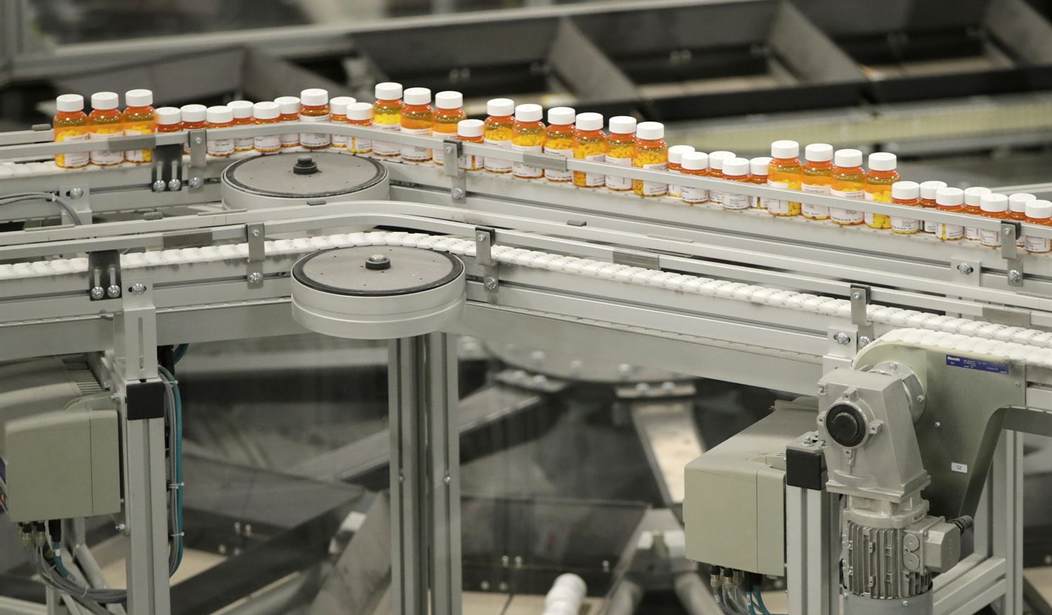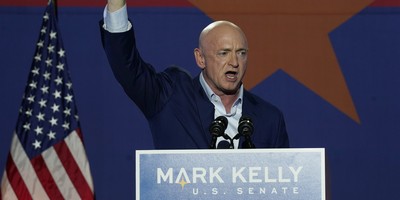High prescription drug prices are a big issue with the American voters, yet the Department of Health and Human Services (HHS) is pushing a new rule that may actually increase prices next year.
There is a battle brewing in Washington between the drug industry and insurance companies on how to tackle the issue of drug pricing. Many times, government comes up with convoluted rules that don’t make the situation any better and favor one interest over the other. This new rule is one of those examples of a well-intentioned action that will likely result in higher prices for the consumer and seems to favor the insurance industry.
A publication that follows the drug industry closely reported that this new rule would, in fact, hike drug prices for consumers. Ed Silverman of Stat News reported on May 8, 2020, “as part of a final rule setting standards for health benefits, the Centers for Medicare and Medicaid will allow private insurers and employers to exclude certain copay assistance programs, such as cards and coupons provided by drug makers, from counting toward deductibles and out-of-pocket maximums.” In layman’s terms, consumers will pay higher deductibles because the government is allowing insurers to exclude things that lower out-of-pocket costs. The result is that more cash will flow from consumers to the insurance companies.
Insurance companies’ coverage for drugs has been narrowed over the years resulting in doctors and consumers having to modify treatments and higher out-of-pocket expenses. This change by HHS reverses their own policy and will apply in circumstances where there is not opportunity for a consumer to choose between a brand-named drug and an alternative generic version of the same drug. The rule is being issued as a Notice of Benefit and Payment Parameters (NBPP) for next year and will hit the consumer hard. Drug pricing is a complicated matter and government intervention usually ends up shifting cost from one interest to another – in this case cost is being shifted over to the consumer.
Recommended
President Donald J. Trump has been clear on his goal of lowering prescription drug prices. In his 2018 State of the Union Address, the president declared, “one of my greatest priorities is to reduce the price of prescription drugs” and he promised action by ordering officials in “my Administration to make fixing the injustice of high drug prices one of our top priorities.” President Trump’s guarantee to the American people was that “prices will come down.” His own Health and Human Services Department appears to be breaking that promise with this new rule.
Secretary of HHS Alex Azar has much on his plate right now. Finding more personal protective equipment for health care professionals is a priority. The quest for more testing kits to help further open up America is also at the top of Secretary Azar’s list of things to do. At this time, his own department should back away from actions that will increase the cost burden for health care on the very people who are in tough economic situations because of the coronavirus outbreak in the United States. Now is not the time for dramatic changes to law that impact consumers so directly and negatively.
This is an especially dangerous time where some consumers are in need of drugs and protective gear to treat the outcomes of the coronavirus. The American people have changed behavior and are wearing masks when out of the house; unemployment numbers are skyrocketing; and the economy is in a tailspin. Now is not a time for higher costs to consumers for drugs. While it may be a great time for government to sneak something by the American people while continuing the well-worn refrain…never let a crisis go to waste, it’s a terrible time to increase the cost to cash-strapped consumers.
Government needs to stop playing favorites and come up with real solid solutions to the problems of the high cost to consumers of health care and drug prices. Government usually makes a problem worse when they come up with confusing and complicated solutions to problems. In this case, the consumer is stuck with the bill by a government that is getting its priorities wrong.
Sometimes government does best when government does least. In this case, if government does nothing, consumers will pay less for prescription drugs next year.

























Join the conversation as a VIP Member